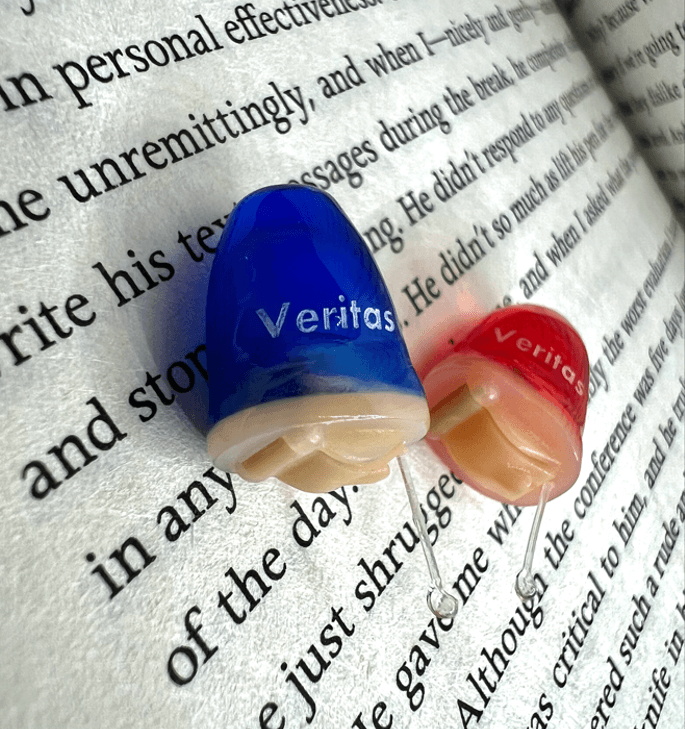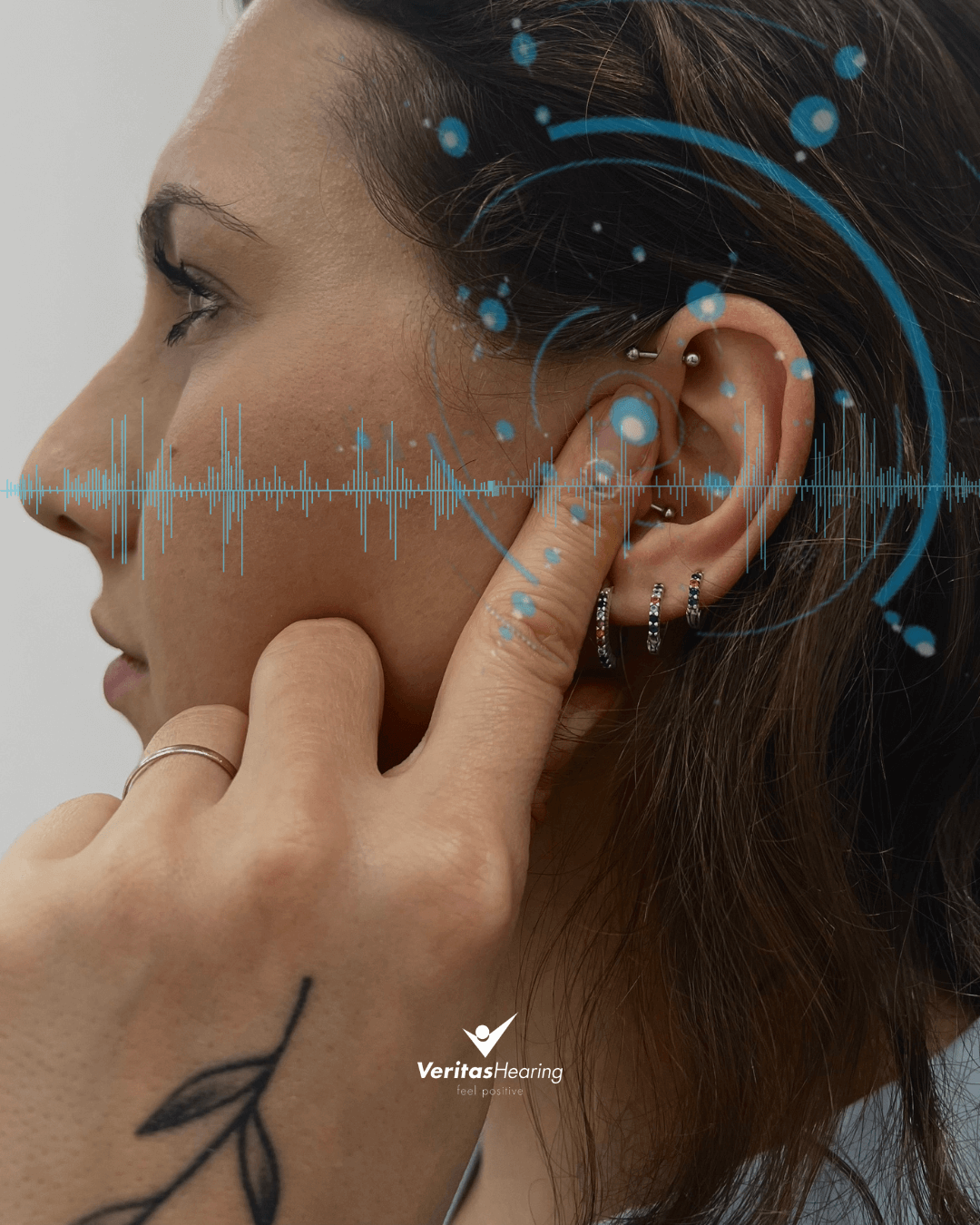
Do I need a hearing aid if I only have a mild hearing loss?
Generally speaking, there are 4 degrees of hearing loss: mild, moderate, severe and profound. After you have a hearing test,
We know that for some people, it takes a lot of courage to address a hearing loss and booking a hearing consultation can often get pushed to the bottom of the to-do list. We want to hopefully alleviate any worries you may have with a simple blog answering some of the most common questions people have around hearing loss / aids.
What are the common reasons for experiencing a hearing loss?
There are a huge range of reasons why you could be suffering with a hearing loss but perhaps the most common are simply due to getting older, exposure to loud noise or involvement in an accident.
How would you know if you have a hearing loss?
Hearing loss can begin at any stage in your life, not just as you get older. Unfortunately, the majority of people find it difficult to notice for themselves as it is generally a gradual loss. Often, a loved one or someone you spend a lot of time with regularly, will notice you struggling first. There are a few things you can look out for, and if you experience any, it would be worth talking to an audiologist:
What does an audiology appointment consist of?
Put simply, an audiology appointment is a hearing consultation. An audiologist will complete an audiogram test with you to identify if you have a hearing loss, and if you do, to what extent. If a hearing aid is the next step for you, then the audiologist can talk you through your options and let you know what their recommendation would be.
What kinds of hearing aids are available?
There are a large range of different hearing aids and hearing aid technologies available to you. There are three styles of hearing aids that are most popular:
Behind the ear (BTE):
These are suitable for all ages and hearing losses. BTE hearing aids sit on top or behind of the outer ear with a tube that connects to an earpiece that sits in your ear canal.
In the ear (ITE):
ITE hearing aids are fitted in a casing and fit snugly in your ear. These aids are generally considered the most comfortable as they can can be custom made for your ear.
In the canal (ITC):
These tiny hearing aids sit within your ear canal and are almost invisible. They are custom mad to fit your ear canal.
When should you think about upgrading your aids?
When all is said and done, hearing aids are a piece of electrical kit that will need to be replaced over time just as a phone or a laptop would. Technically speaking, a hearing aid can last anywhere between 3 and 7 years but when you reach the 4 year mark, it would be wise to consider an upgrade before it starts to fail you.
Will wearing a hearing aid make your hearing deteriorate more quickly?
No. There is a belief among people that wearing a hearing aid will mean you become dependent on it and your hearing will suffer as a result – this is not the case. It is true that your brain will need to adjust when you first start wearing a hearing aid but this does not alter the severity of your hearing loss.
Are there any lifestyle choices that can affect your hearing?
It goes without saying that to nourish your body, you should eat a healthy balanced diet and look after yourself by exercising regularly. To specifically look after your hearing, as we have discussed many times here, you need to limit the time you spend listening to excessively loud noise.
If there are any other worries or questions you would like answered, do not hesitate to get in touch.
[html_block id=”3745″]

Generally speaking, there are 4 degrees of hearing loss: mild, moderate, severe and profound. After you have a hearing test,

Fireworks are an exciting sensory experience that are often added to special celebrations. New Year’s Eve particularly sees cities across

This is a question we get regularly. Hearing aid feedback is an annoying whistling sound in your ear that sometimes